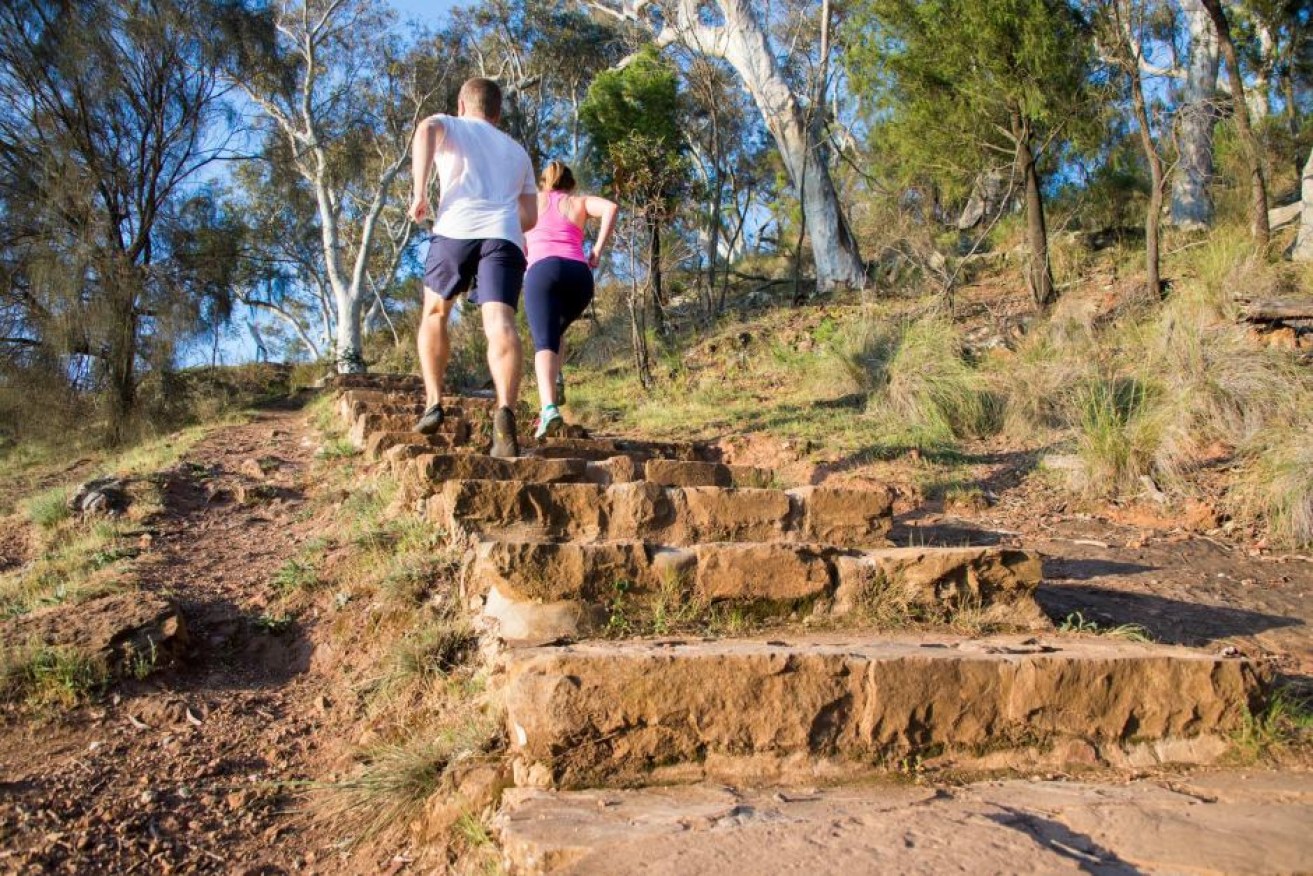Heart attack study finds more than a quarter of patients have no risk factors

The research found younger men and women had unexplained coronary disease. Photo: ABC
Australian experts have found a big increase in patients having heart attacks but who have no obvious risk factors such as high blood pressure, diabetes, being obese or smoking.
Heart Research Australia’s Professor Gemma Figtree and her team reviewed almost 700 heart attack patients at Sydney’s Royal North Shore Hospital from 2006 to 2014.
They found the rate of otherwise healthy patients having heart attacks went up from 11 per cent to a surprising 27 per cent of patients over eight years.
“As interventional cardiologists we all remember the fit, young patient that comes through the door and looks up at you and says ‘Why me?'” Professor Figtree said.
“It really triggered us to try and look at how often this was happening in patients who don’t have traditional, modifiable risk factors.”
Doctors found the surprise heart attacks occurred across all age groups, and were just as dangerous and deadly as those in people with risk factors.
Researchers said they were not sure what caused patients with no risk factors to develop plaque in their arteries, or atherosclerosis.
“We’re actually doing a big study at the moment, thanks to the support of Heart Research Australia, where patients are consenting to give some blood, and we’re trying to understand, particularly in this population who don’t have traditional risk factors, what might be driving their atherosclerosis and heart attacks,” Professor Figtree said.
She said there was a misperception that coronary disease only happened in older men who have smoked or lived an unhealthy lifestyle.
“We know that this is not true. These findings highlight that we still don’t know everything about coronary disease,” she said.
“Young, fit, women and men develop life-threatening plaque in their heart arteries.
“Our goal is to really identify this at a much earlier stage and to target specific treatments to minimise the progression of disease before it causes heart attacks.”
Cardiologist Dr Ravinay Bhindi from Royal North Shore Hospital said the findings showed how important it was to know the symptoms of a heart attack.
“Everyone needs to be aware of what heart attack symptoms are because even though there may be nothing we can treat, at least if you know you are having symptoms of a heart attack, you can get to hospital and be treated,” he said.
‘This shouldn’t be happening to someone like me’
In his early 50s, Greg Mullins was the fittest he had ever been and had no risk factors for a heart attack.
“I was training every day for the World Firefighter Games. I had been on a treadmill and tested in the top 5 per cent in my age group for cardiovascular fitness. I just felt great,” he said.
When he had what he called “searing pain in his right shoulder” during a boxing class, a heart attack was the last thing on his mind.
“I had two little voices in my head, one saying ‘This is serious, you’re having a heart attack’, but the other one saying ‘Well, how could it be? You’ve done all the right things. You’ve watched your cholesterol, your blood pressure, you exercise, your diet — impossible’,” he said.
But he collapsed and thought he was going to die.
“My wife was at the gym. She is a registered nurse and has worked in cardiac,” he said.
Mr Mullins was rushed to Royal North Shore Hospital, with paramedics diagnosing a blockage in his heart.

Mr Mullins retired earlier this year from Fire and Rescue NSW after 39 years. Photo: ABC
Dr Bhindi was standing by when they arrived and he set to work on the blockage.
“They strapped me down, literally with gaffer tape, and I remember Dr Bhindi saying, ‘There it is’. And I felt this immense feeling of relief,” Mr Mullins said.
“He blew up a balloon, got rid of the clot [and] the blood started to flow again.”
Later, the former chief of Fire and Rescue NSW struggled to get over the fact that he had been so healthy and still had a heart attack.
“I was really angry because I just thought: my whole life and my whole family, having fitness, health, a good diet — how could it come to this?
“Finally, speaking to my cardiologist, he said, ‘That’s why you survived. If you weren’t that fit, you probably wouldn’t have gotten through this’. I thought — OK, that’ll do me.”
The paper was published in the European Journal of Preventive Cardiology, with the study funded by Heart Research Australia and the University of Sydney.
– ABC








